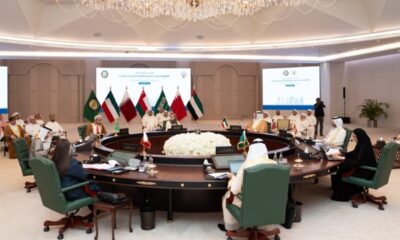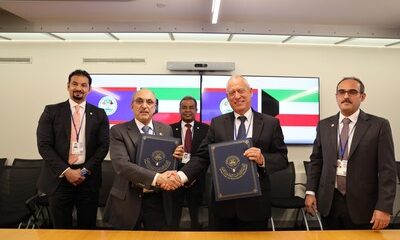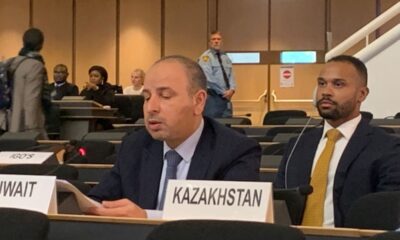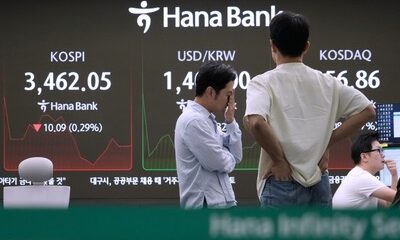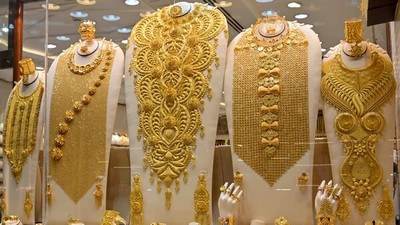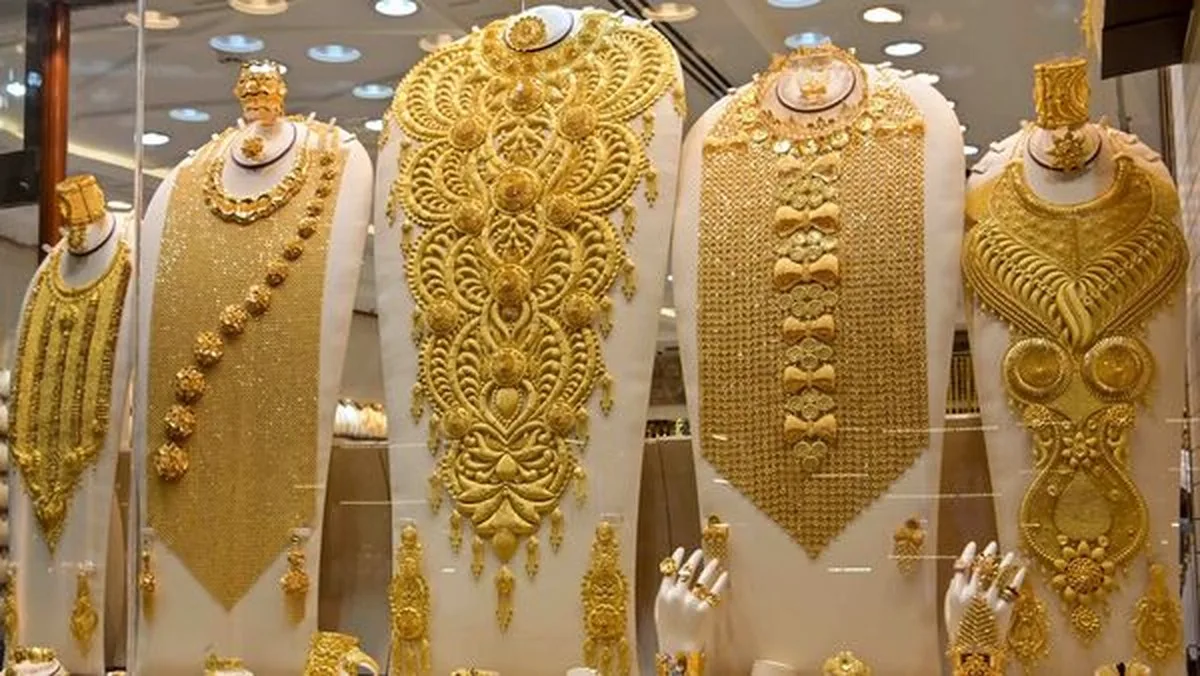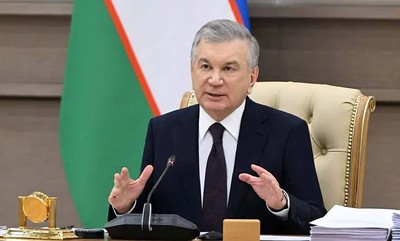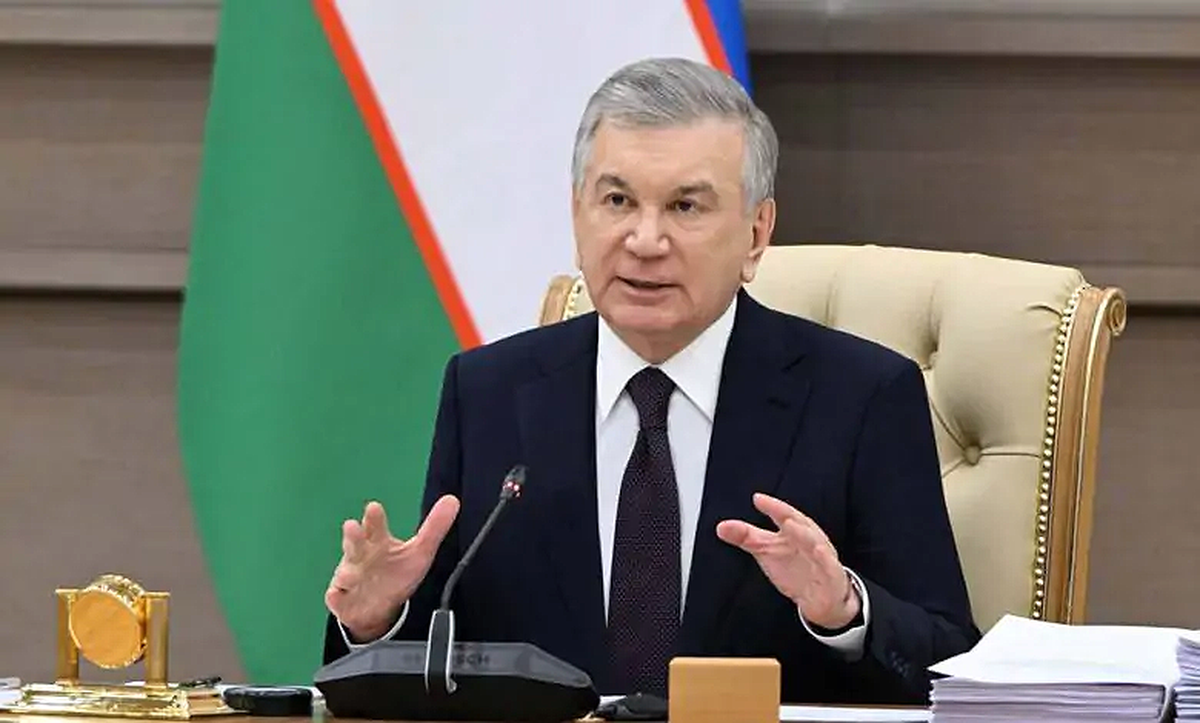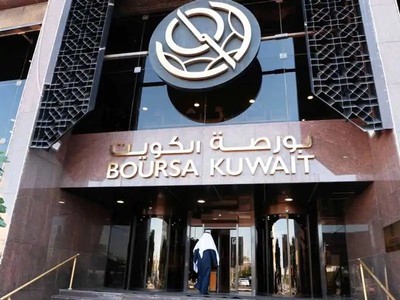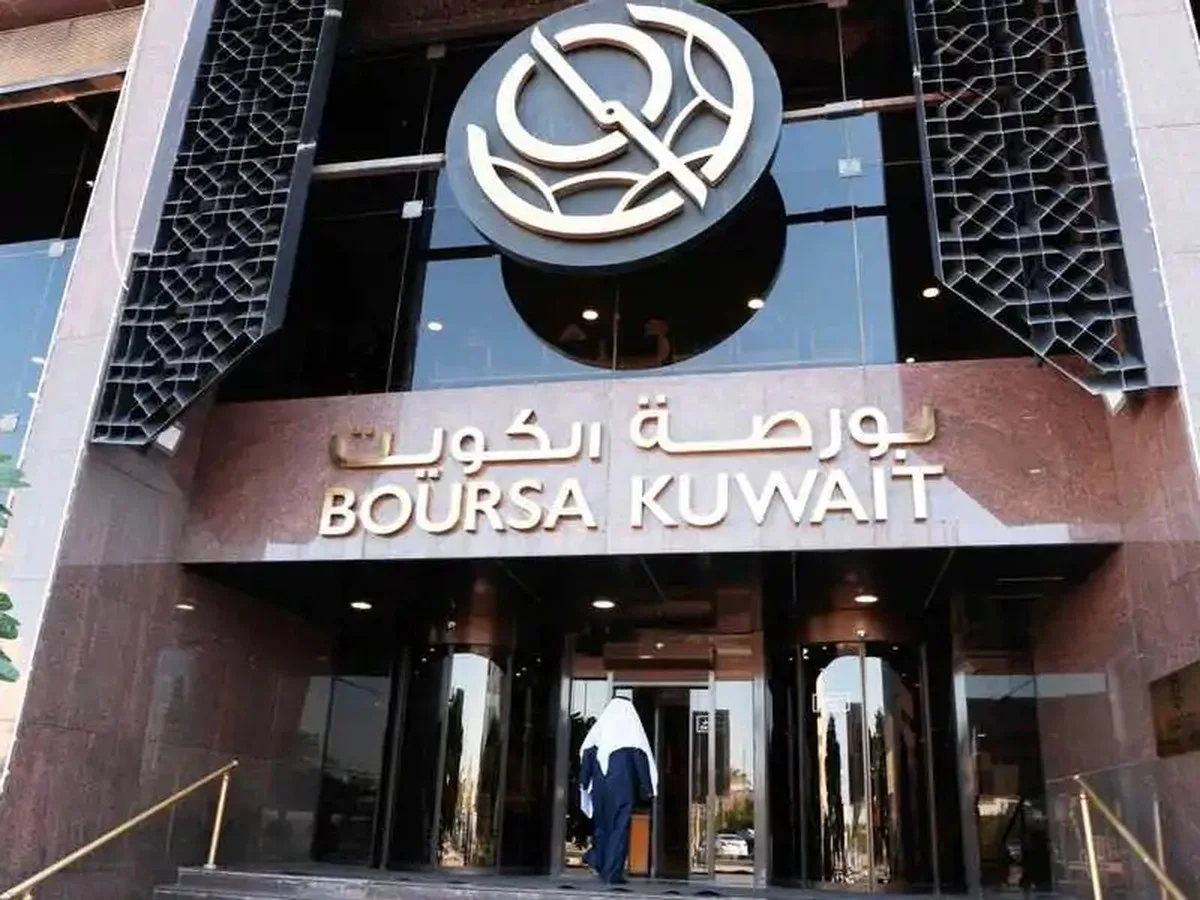KUWAIT CITY, Oct 19: Gold prices extended their historic rally for the ninth consecutive week, closing at $4,251 per ounce, according to a specialized report issued Sunday by Dar Al-Sabayek, a Kuwaiti precious metals company. The yellow metal recorded weekly gains of 5.32%, after briefly touching a record high of $4,379 per ounce during the last trading session, before easing slightly amid improved investor risk appetite and a stronger US dollar.
Despite a 3% pullback following market-soothing comments related to the US-China trade dispute, the overall outlook for gold remains bullish, driven by a range of supportive global factors.
Dar Al-Sabayek’s report indicated that expectations of a 25-basis-point interest rate cut by the US Federal Reserve at its upcoming meeting—and the potential for a second cut in December—continue to fuel institutional demand for gold as a safe-haven asset. Additional factors include uncertainty surrounding the US government shutdown, central bank purchases, and strong traded flows, all of which reflect broader concerns and hedging activity among global investors.
The report noted that geopolitical tensions and rising credit risks in the United States are contributing to sustained hedging behavior, even amid day-to-day price volatility. Meanwhile, the US dollar index remained relatively firm, hovering near 98.40 against major currencies, tempering further gains for the precious metal.
The tone of the US Federal Reserve remains cautious, the report said, with some members supporting rate cuts while reaffirming their commitment to the 2% inflation target. Future policy decisions are expected to be highly data-driven, with particular attention to this week’s release of the US Consumer Price Index (CPI), which coincides with the launch of the corporate earnings season and may influence consumer demand and spending patterns.
Market focus is also shifting toward global economic indicators, including Chinese GDP, trade, and inflation data, as well as Purchasing Managers’ Indices (PMIs) in Europe, the UK, Japan, India, and Australia. Upcoming monetary policy decisions in Turkey, Indonesia, and South Korea may also reshape risk sentiment and investment flows, further influencing gold prices.
Dar Al-Sabayek emphasized that gold’s medium-term upward trend, which began in November 2022, remains intact, driven by ongoing global uncertainties. However, it cautioned that with prices approaching historical highs, periods of short-term profit-taking are expected. Nonetheless, any dip toward key support levels may present fresh opportunities for long-term investors, particularly those concerned with issues such as global debt accumulation, sluggish economic growth, and waning confidence in the US dollar.
These global trends have also been reflected in the Kuwaiti domestic market, where the price of 24-karat gold reached KD 42.50 (approximately USD 140.20) per gram, and 22-karat gold was priced at KD 38.96 (approximately USD 128.30). Meanwhile, a kilogram of silver was recorded at KD 625 (around USD 2,062).

 Politics17 hours ago
Politics17 hours ago
 Politics20 hours ago
Politics20 hours ago
 Latest News16 hours ago
Latest News16 hours ago
 Politics15 hours ago
Politics15 hours ago
 Politics12 hours ago
Politics12 hours ago
 Latest News17 hours ago
Latest News17 hours ago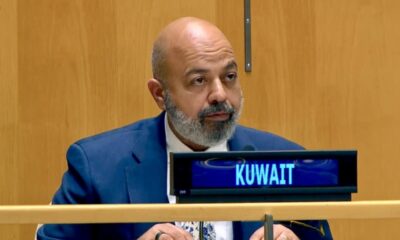
 Latest News12 hours ago
Latest News12 hours ago
 Politics13 hours ago
Politics13 hours ago


